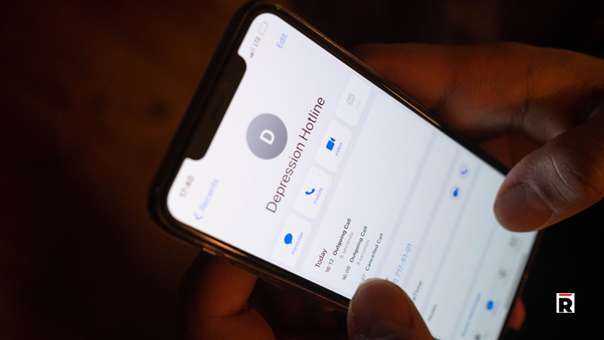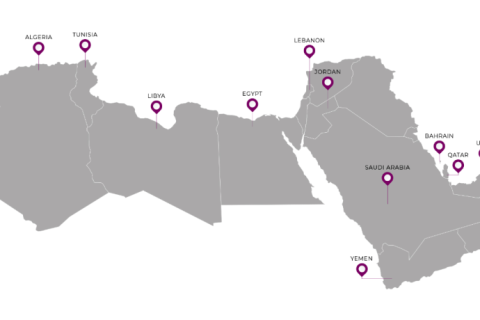READ
The impact of COVID-19 on our communal and individual well-being prompted the world to tackle mental health concerns like never before, and innovative thinkers have risen to the occasion.
The World Economic Forum’s Global Future Council on Mental Health collaborated with Scientific American to choose solutions that are contributing substantially to improve the world for everyone suffering from mental illness in order to showcase these impactful developments.
Telepsychiatry
The lack of available professionals in an individual’s location is among the major obstacles many people confront when seeking mental healthcare. Telepsychiatry allows for video chat consultations over a computer or phone, increasing the accessibility of mental healthcare and reducing response times that can lead to emergency room visits or the need for costly inpatient care.
It can also make it more comfortable for patients who don’t feel safe being in the same room as a doctor, allowing them to obtain the care they need while being in a safe and secure environment.
Novel Drug Therapies
According to the World Health Organization, depression affects over 264 million people of all ages worldwide. When it comes to medication, about a third of individuals who suffer from depression do not respond to two or more antidepressants, and are therefore termed treatment resistant.
The US Food and Drug Administration and the European Medicines Agency have approved esketamine, a chemical similar to the club drug ketamine, for treatment-resistant depression based on this research which are expected to have better prospects.
Artificial Intelligence
The number of AI-powered tools has been significantly increasing throughout the year. AI chatbots such as Woebot and Wysa can assist patients in practicing Cognitive Behavior Therapy techniques and managing their symptoms in between consultations.
Vanderbilt University Medical Center in Nashville, Tenn., developed one such programme that gathered data from more than 5,000 patients admitted for self-harm or suicide attempts.
It could predict whether the patient would attempt suicide again in the next week with an 84 percent accuracy rate and if they would attempt suicide again in the next two years with an 80 percent accuracy rate using that information.
Digital Symptom Tracking
It is also time-consuming and inefficient to keep track of mental health symptoms by paper. Those symptoms are documented in an electronic health record, which is not really developed for data analysis in the first place.
On the other hand, online symptom tracking encourages patients to share information on a regular basis. An AI software analyzes the data for patterns and alerts providers in real time if any red flags are detected. It is not a substitute for professional help, but it can be used in conjunction with it.
The Anxiety and Depression Association of America keeps track of all mental health smartphone apps that have been evaluated and approved.
Social Media Data Analysis
Billions of people use social media around the world daily, generating massive amounts of data from their devices. An increasing body of research suggests that language patterns and pictures in social media posts can disclose and predict mental health disorders in individuals, as well as assess mental health trends across entire communities.
Researchers, tech companies, government agencies, and nongovernmental organizations can use these massive databases to look for signs of mental health conditions like depression, anxiety, and suicide risk courtesy of the advances in artificial intelligence, natural language processing, and other data science tools.
To access the original article click here.









